
Jesse, Will Emmons, Trish E. Matson, and Cora Buhlert talk about The Long Tomorrow by Leigh Brackett
Talked about on today’s show:
1955, Edmond Hamilton’s wife, her other family, her parents, when they were courting, brought her back a little to late, a California person, a home outside of California, set in space, The Long Goodbye, The Big Sleep, detective California books, Californian detectives, westerns, super-religious, post-apocalyptic, the craft of it, the heat of the farm, the dust of the road, the mob scenes are scary, well executed, very believable, small town, city, island, religious craziness, nutzoid about religion, very well written, easy to follow, nice characterization, a slick writer of people, The Queer Ones, the Rediscovery anthology, small town atmosphere, gossipy, rural small town, a very American book, dying of cancer and radiation sickness, the fallout would have gotten them, a limited nuclear war, mutations, iodine, cesium, if you omit certain lines, Robert A. Heinlein, the viewpoint characters are not sophisticates in this stuff, a fear, a taboo, grandma remembers the mutations, dead babies, cancers, we could squint that away, the Radium Girls case, Isaac Asimov, skeptical of nuclear energy, life will go on, John Wyndham’s The Chrysalids, Amish or Mennonites, big cities have been destroyed, a line about France, the Soviets are the likeliest suspects, could have been South Africa (probably wasn’t), some years mentioned early, a barn built in 1952, 1854, 100 years in the future?, are people living extra-long?, didn’t understand the length of time, how long a century is, rural people, life organized by seasons, Esau flushed a little, on the gable end, four numbers, 1952, before even Gran was born, the meeting house (a church), down behind the lilac bushes, 1842, a child’s POV, the unreliable narrator, they have these dreams of what this technology was, radio, memories of having things nice, now they’re all Mennonites and they don’t like it, mechanical engineers with electricity, church oppression is physical, the warehouse burning, burning the whole town down, upsetting, a weird rural mindset, comes from the parents, enforced through children, restrictive, 11km from Bremen city center, traveled as a kid, visiting Disney World, don’t talk about Disney World (that’s bragging!), the 1968 anti-Vietnam war America is Evil generation, they all have leprosy in India, does not fit our worldview, this American experience, Doukhobours, Guatemala, Russia, biggest city in North Carolina, Presbyterian church, southern Baptists, fundamentalists, was Will a city boy?, the Creation museum, a monument to ignorance, evolution is a lie, dinosaurs on Noah’s ark, Leviathan and Behemoth were dinosaurs, plants aren’t actually alive, American Protestantism, fear of science, an alternative authority, the insidious part, they’re challenging the authority that I have as a mean bastard to discipline people, for adults its not the same, they lock you in there, indoctrinated, go about your business, forming your understanding of reality, Len and Esau, sinning by getting the radio, the wrong type of religious meeting, stealing books, no education, everything out of the bible except for math (sums), someone might build an atomic bomb again, deliberately kept stupid, an Amish exception, kept down by the schooling, Catholic areas, Lutherans are nice mellow progressive people, occasional throwback, rural Bavaria in the 1950s, weird American churches, religious nutcases, the Catholic thing, the opposite book to this A Canticle For Leibowitz by Walter M. Miller, Jr., monks preserving knowledge, Davy by Edgar Pangborn, mutants too, more about power than science or anti-science, making your own carts, they control the books, who stole the books?, more about power than denial of science, what bartertown?, Mad Max Beyond Thunderdome (1985), two men enter one man leaves, George Miller, some wonderful tropes, methane, escaping from a cult, tragedy, lifestory, living in tragic times, a coming of age book, ridiculous task, wise adults, we don’t have an army, helping kids out, wrongthink, muddle through, always tomorrow and tomorrow and tomorrow, build a city, refuge is destroyed, bottom up government oppression, five warehouses make a city, 200 houses and 1000 people, a local judge, the judge seems reasonable, Hofstadter, the mob itself, Dulinsky, just trying to do capitalism, believable, too believable, nothing good happens to anybody, they abandon their families, finding love, never returning to Piper’s Run, fanaticism, they do it to themselves, the return of the prodigal son, a horrible biblical story, pillar of salt, a sinner, dabbling with forbidden knowledge, quaint and harmless and peaceful, pacifist, new ishmaelists, The Walking Dead, the group who live with the zombies, take the discipline, hypocritical, demanded as tribute, how they freeze to death, race and genocide stuff, people who’ve been made homeless, live on the charity of us hardworking farmers, the dirty thirties, leeches vs. our duty, oppressed by the past, oppression from the law, use the fruits of knowledge, a stick, maybe Len and Esau could end up with those people, awfully close, too faint praise, the hopes that we have are destroyed, nothing good happened, quick fixes and Edens to escape to, their own kind of cult, don’t give yourself false hopes, you’re going to have to work for stuff, disappointing things in politics, reversions and regressions, the long cycle of things, working continually towards progress, a life of working towards better things, the Foundation from [Isaac Asimov’s Foundation] Foundation, working on this one specific problem, a bunker of some kind, conventional fossil power, a force field that stops fusion and fission, magical thinking, nuclear bombs bad vs. nuclear energy good, the Windscale fire, anti-nuclear power, opposed hated disliked, coal power, a fairly overcast country, solar power, co-generation, nuclear power is against god, getting to the library, they have a radio, getting power from the radio waves themselves, finding the mysterious box, an allegory for growing up in the radio age, screenwriter, a radio kid, mysterious transmissions, a form of education, the magic of radio, The Adventures of Fatty Finn, soap box racing, drawn from her own life experience, public domain clearances, noticing a pattern, her copyright renewed works got by a bank, the executors of their estate, the bank got Leigh Brackett’s retro-Hugos?, the first solo-work nominated for a Hugo by a woman, Double Star by Robert A. Heinlein, a very good book, The End Of Eternity by Isaac Asimov, a Kuttner/Moore story, women only exist to be wives, cover city, enlightened change, no women scientists, get married stat, Gran is amazing, deferring to the kid’s dad, hopes and dreams, the tragedy of this book, better ask your pa, that red dress, music and clean toilets, ice cream, chocolate rabbits at Easter, water that ran out of shiny faucets, two faded sparks, “flat-hat”, a red dress and a TV, a good world, it ended because it was evil, the world that was, hold her tongue and bow her head, great writing, post-war American dream, electric power, the great game changer, telephones, it wasn’t that great a time for women either, kicked out and sent back to the home, suburban towns, women scientists in the 1950s, in crisis times, the COVID pandemic, childcaring, why they didn’t have any kids, 2015, Kinsman, Ohio, Star Wars fans, where the force awoke for the series first sequel, her summers, The Big Sleep (1945) Rio Bravo (1959), The Long Goodbye(1973), Batman, more than 20 summers, Hamilton’s sisters, 1946, a century and a quarter, deer and woodchucks, I work in a small white wooden room, old boys book, a mug from “Duke”, John Wayne, the Vindicator, The Long Tomorrow is about the Kinsman house, the Canfield fair, age 13, Howard Hawks, No Good For A Corpse, William Faulkner, lovers of that genre, Ray Bradbury, Lorelei Of The Red Mists, buy a convertible and drive it all summer, Ed and Leigh, 1963 Corvette Stingray, Superman bought that corvette!, they were tied to their typewriters, “it’s good to be home”, writing under deadline, strikingly ordinary, Hatari (1962), round the world cruise, dig up the turnips, Yoda gift bags, what a charmed childhood, the cancer hit her, that first script is on the internet, so very Planet Stories, the small towns in this book, through a child’s eyes, delightful for them, a luxury sports car, the edge of fertility, they’re having fun, writing action adventure superheroes, Will has read some of Edmond Hamilton’s Superman comics, Under The Red Sun, zany post apocalyptic journey, robots of the people that he knew, he’s got a beard, Metropolis is destroyed, in a box somewhere, Krypton, my hair and nails have grown, under Earth’s yellow sun…, shaving with eyelasers and a mirror, inconsistent continuity, Edmond Hamilton, The Star Kings, Jack Vance, Captain Future stories, an anime series, Star Trek reruns, Space: 1999, Moonbase Alpha, The Daughter Of Thor, a polar expedition with a semi-frozen queen with a pet tiger, half vikings, Fantastic Adventures, Weird Tales, E.E. Doc Smith, unreadable, Crashing Suns, Interstellar Patrol, Brackett was a better writer, one of the best writers of the Golden Age, Clifford D. Simak, C.L. Moore, July 18th is Edmond Hamilton Leigh Brackett Day, Robert E. Howard Days, Cross Plains, Texas, Youngstown, if this her most depressing one, mostly shorter length, her mysteries, The Long Goodbye (1973) is so good, a noir ending, Elliot Gould, a jazz movie, Arnold Schwarzenegger, Robert Altman, the role of his life, so 70s, so weird, Humphrey Bogart, cat action, be up for it, a delight, a long and lazy movie, what kind of movie is this?, rotating crime shows, working class cop, no dialogue for five minutes, shocking German swear words, set the deal with United Artists, not exactly my idea of Philip Marlowe, a technical problem of this enormous, involution and convoluted, side tangents, its all getting to the thing, both California of the period, MASH, Bob & Carol & Ted & Alice (1969), Robert Altman, still working, very elderly now, Bosch, renting movies based on actors, The Silent Partner (1978), Margot Kidder, so many great movies, fall into a wonderful world, A Bridge Too Far (1977), WWII movies, Operation Market Garden, take too many bridges, Die Brücke (1959), very depressing, war is evil, war: don’t do it, we still need them, a high point in the late 50s to the mid 60s, The Lincoln Lawyer, Michael Connelly wrote both series, Leigh Brackett’s great, read everything by her, get your hands a copy of The Long Tomorrow, Hatari (1962), Rio Bravo (1959) and Rio Lobo (1970), Faulkner, write a screenplay, Bogart made everything better, Elliot Gould playing Eric John Stark.
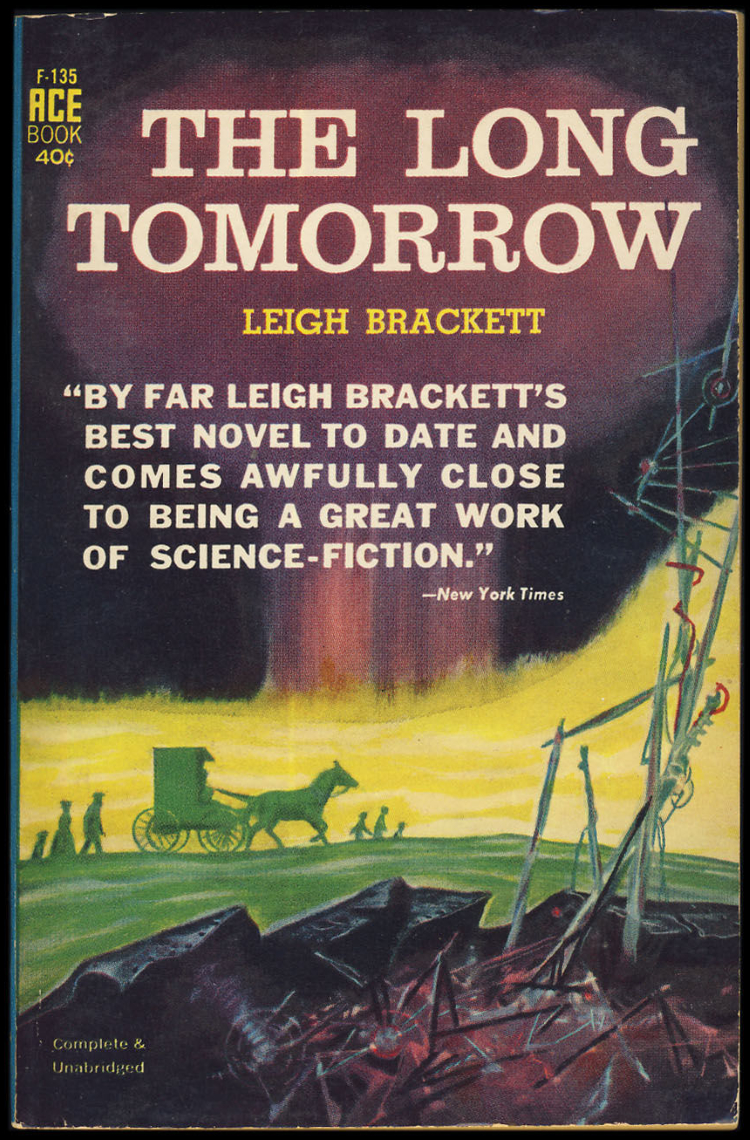
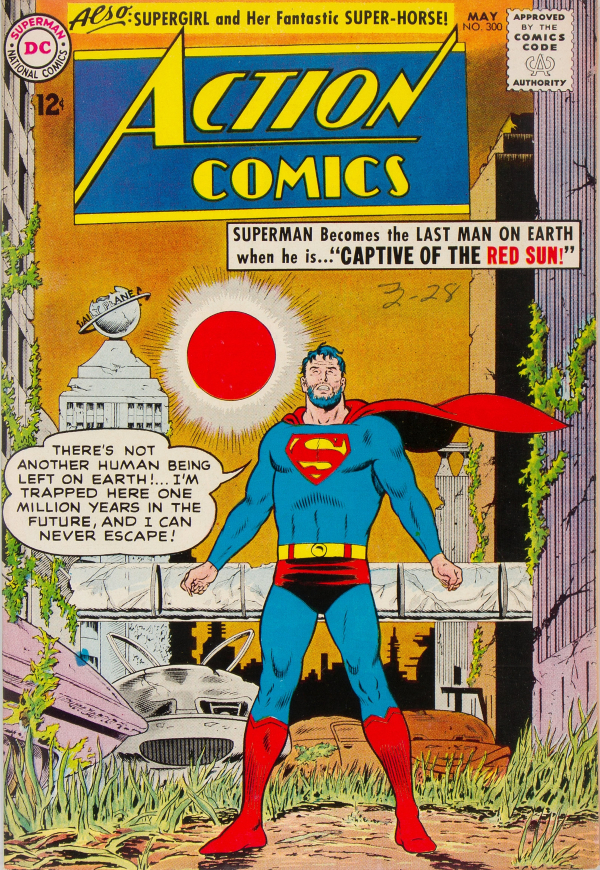
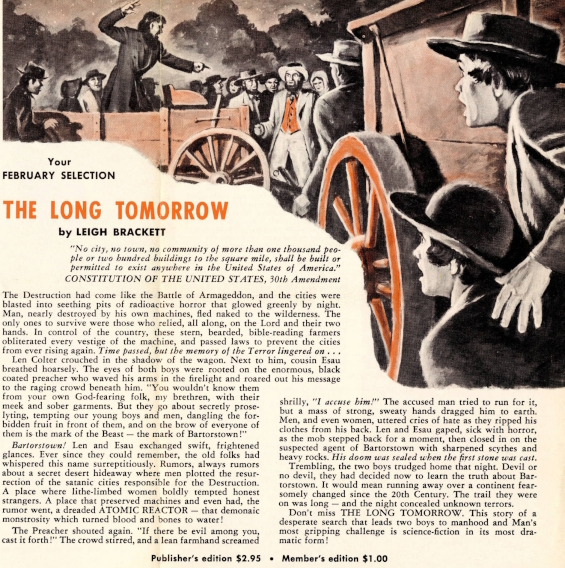
Posted by Jesse WillisBecome a Patron!


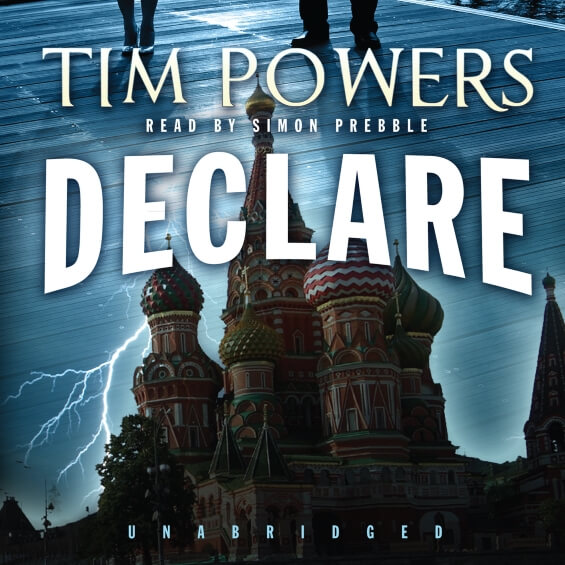

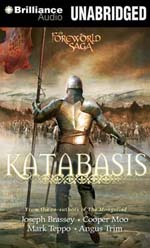 Katabasis (Mongoliad Cycle #4)
Katabasis (Mongoliad Cycle #4)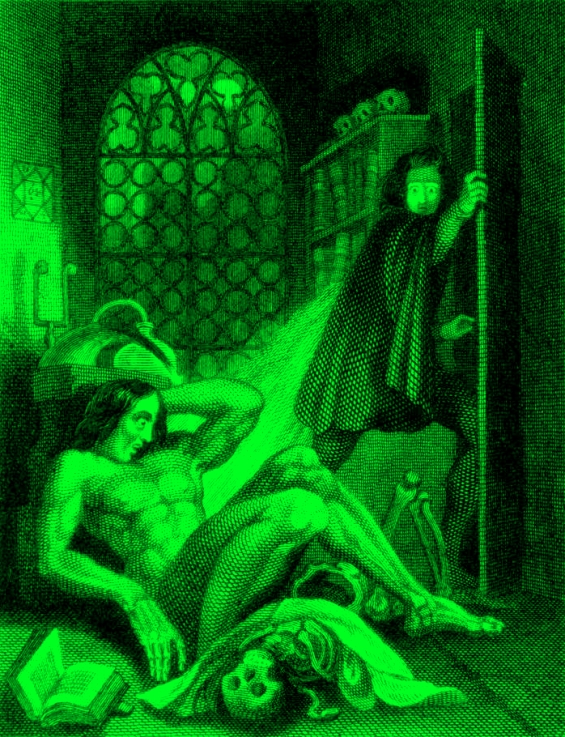
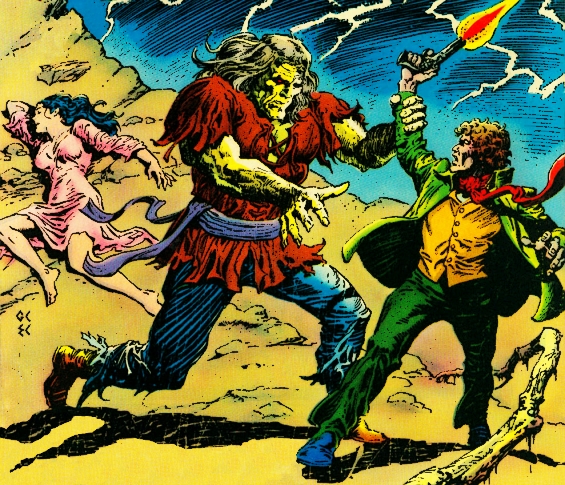
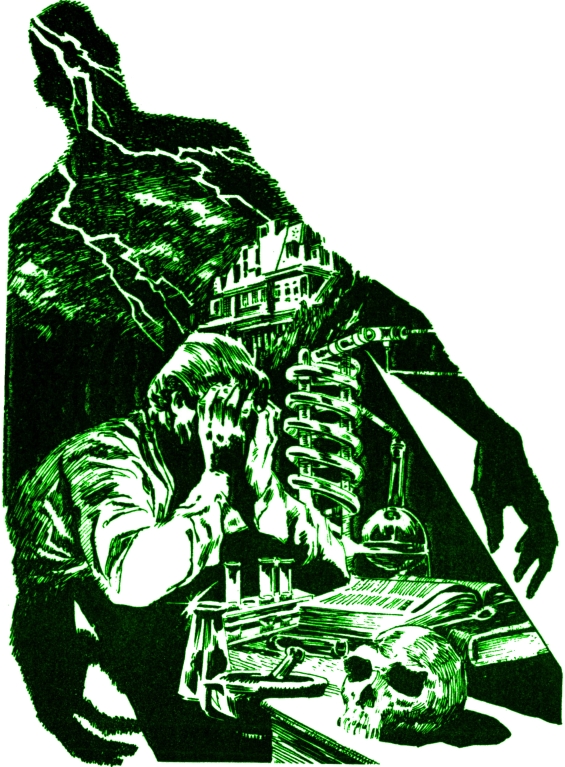
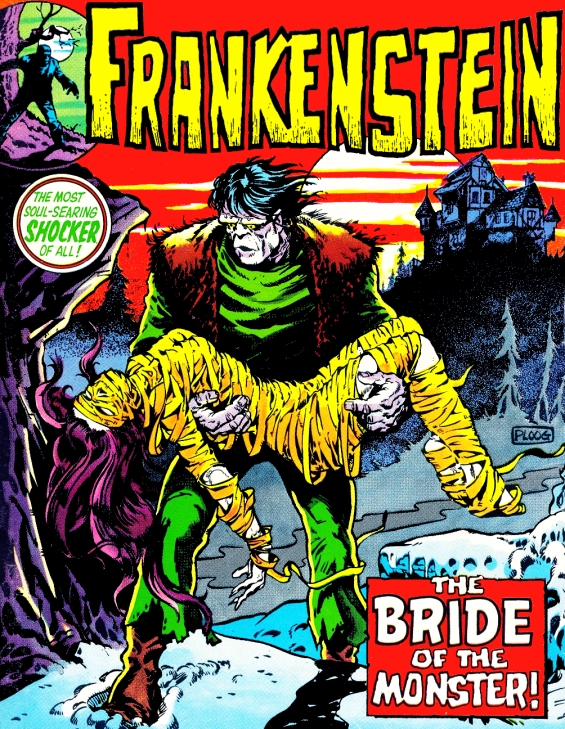
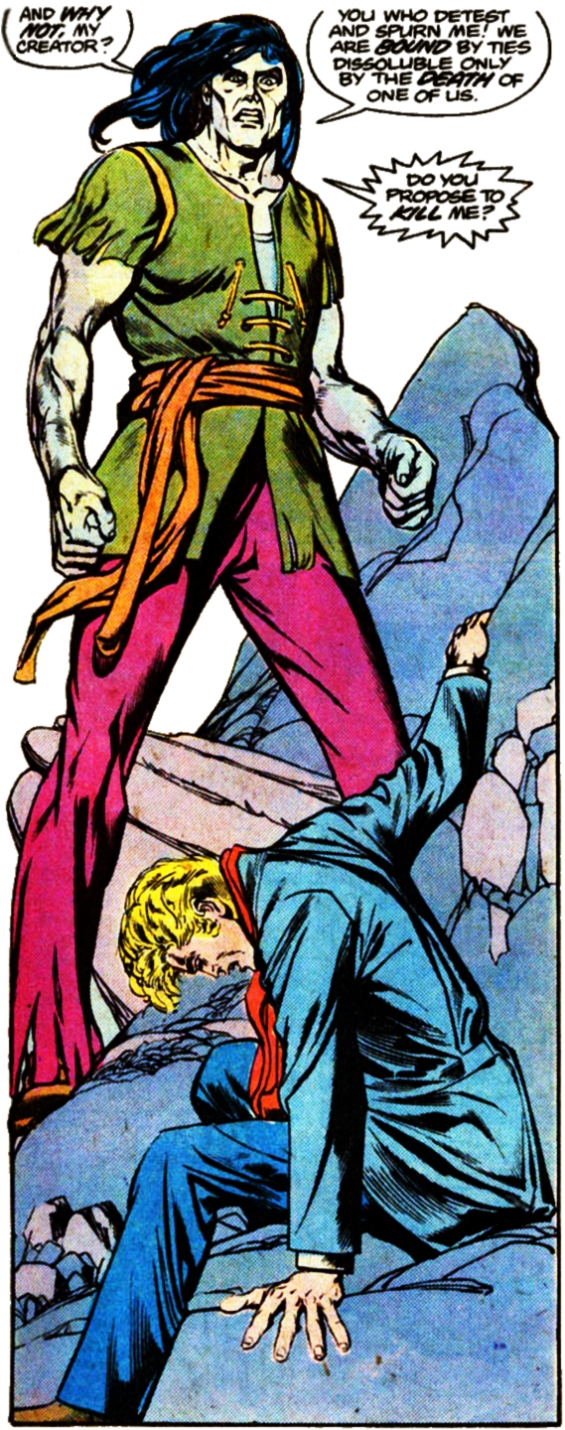
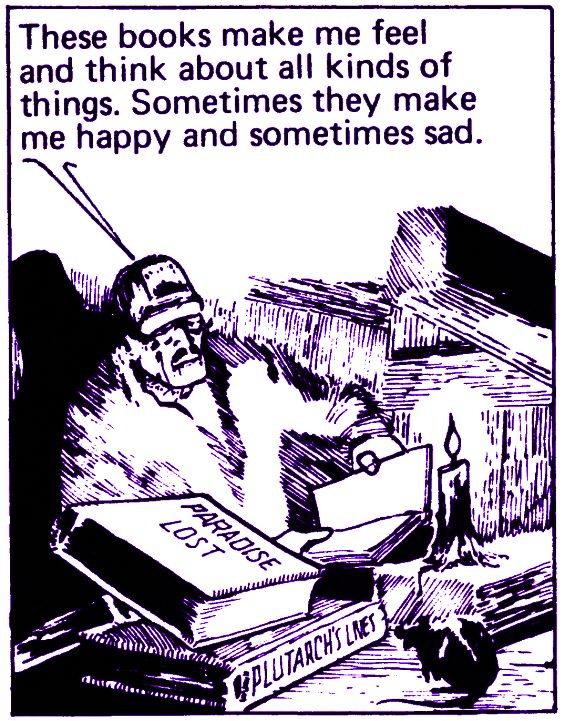
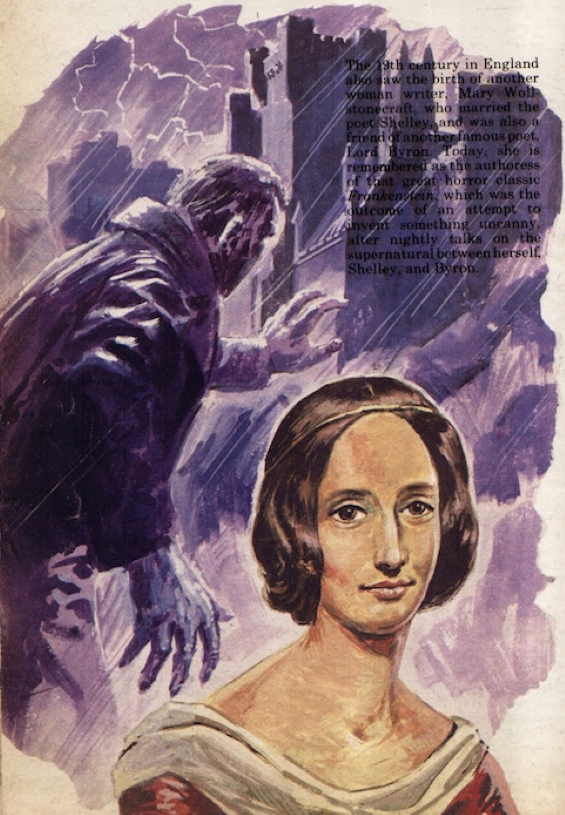


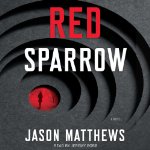 Red Sparrow
Red Sparrow